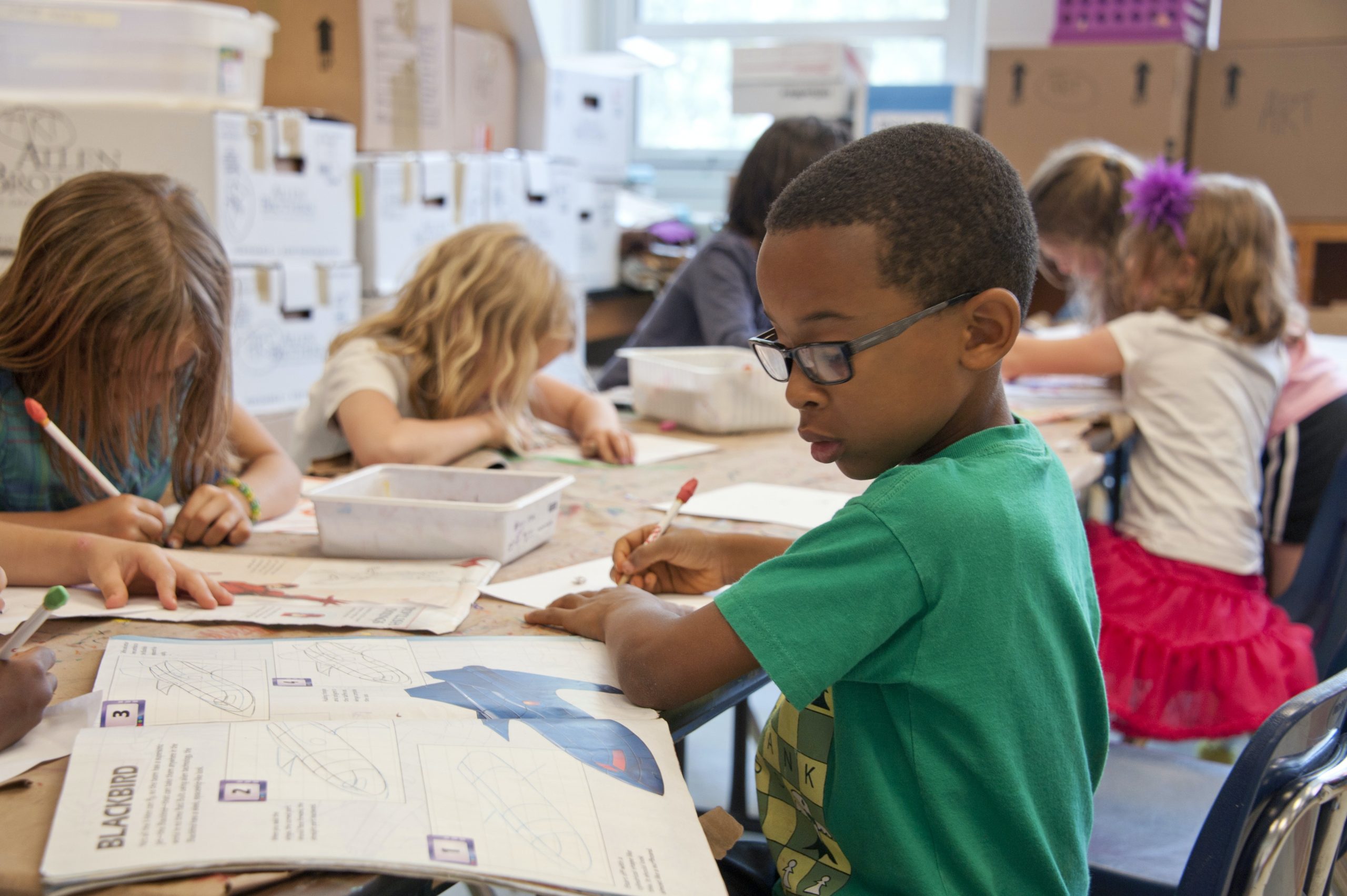Canada debates what exactly is “transphobia”
By Mary Laval

Earlier this week, the Waterloo Region District School Board in Ontario, Canada held a virtual school board meeting at which a veteran educator, Carolyn Burjoski, known for compassionately teaching literacy to refugees and immigrants, tried to raise her concerns over the age appropriateness of certain books in the school library.
Burjoski did not get very far into her speech when the board of trustees, Scott Piatkowski, interrupted her and said she was violating the Human Rights Code to even bring up these issues. After much back and forth about procedures and whether Burjoski was in violation of the code (or “transphobic”), the trustees voted 5-4 to not allow her to continue (how they voted – publicly available contact info here – school trustee elections will be held in October).
The school board and then Youtube removed the video due to alleged “copyright” issues, but footage can be seen here, so people can judge for themselves. Excerpts from the books at issue are also shown below. A video statement from Carolyn Burjoski can be viewed here.
A local media outlet reported on it, and then a media firestorm erupted, much of it playing out on Twitter, with Piatkowski not backing down and another trustee who voted to allow Burjoski to carry on regretting her choice, saying she needed to “continue on my equity learning journey.”
National Post reporter Tom Blackwell did a write up in his article, ‘No dissent is allowed’: School board bars teacher from raising concerns over transgender books. He reports on the fallout for Burjoski:
“And then the teacher was given what she calls a “stay-at-home order” and told not to communicate with colleagues or students, though she’s still being paid and is slated to retire soon. On Thursday, she says her union rep informed her the board had appointed an outside investigator to examine her actions.
In her first interview on the affair, Burjoski said she was “flabbergasted” by what happened at the meeting and Piatkowski’s remarks afterward.
“I am not a transphobic person. It’s crazy that just because you ask a question, the first thing people do is call you that,” she said. “We do need to have a conversation about the intersection of biology and gender. We’re not having those conversations in our culture because, look what happened to me.”
She said the order to stay away from school was likely meant to make an example of her: “The message is clear: no dissent is allowed.””
The story has also been written up in the UK publication The Critic.
Perhaps the silver lining to all this is that Canada is finally starting to have this much-needed discussion about its children, what is appropriate for them to be taught and at what age. Should schools be promoting medicalization and social transition? Where is the line between the rights of students who identify as trans and those who are questioning their gender but may grow up to be gay? What about those who are actually autistic, anxious, or traumatized? Who gets to decide? Schools or parents, or perhaps even together? What happens when parents aren’t even alerted to what is happening to their children (for instance the Toronto District School Board explicitly omits parents)? How do we prioritize all the protected characteristics listed in the Ontario Human Rights Code? Does gender identity trump sex? Or creed?
In the case of the Waterloo school board, at issue is the content of these books for grades K-6.
Image credit: CDC, Pexels
